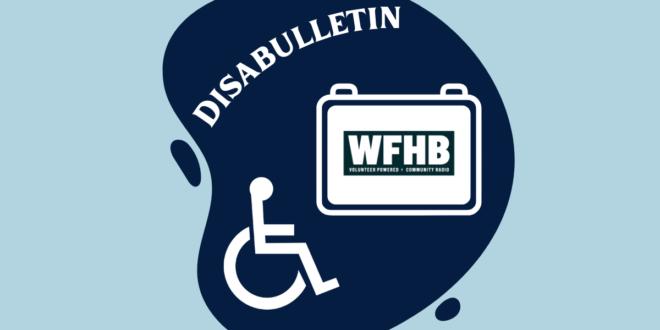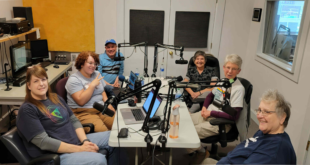Podcast: Play in new window | Download (Duration: 9:32 — 9.5MB)
Subscribe: RSS

Today, we continue our interview with Jeremiah Frei Pearson, the Lawyer fighting on behalf of Westchester on the Move in their lawsuit against Lyft. Since receiving his law degree from Stanford law school in 2003, Mr.Frei Pearson has sought to advocate for individuals to obtain their civil rights. His notable victories range from helping individuals reclaim their right to privacy by successfully settling with companies following data breaches to ensuring fair wage compensation for employees.
As a result of the victories he has won for his clients, the National Trial Lawyers Association selected Mr. Frei-Pearson as a member of the Top 100 Trial Lawyers from 2014 to 2018. Mr. Frei-Pearson is a member of the Best Attorneys of America, a distinction that is limited to less than 1% of attorneys, and he is also designated as Super Lawyer, a distinction awarded to only 5% of the New York Metro Area. Mr. Frei-Pearson practices in federal and state courts throughout the country and his areas of expertise include class actions, privacy, consumer fraud, employment law, and civil rights.
Over the last five years, the transportation company Lyft has been embroiled in a Lawsuit with Westchester on the Move or (WDOMI), A disability rights organization headquartered in Westchester County New York. In the lawsuit, WDOMI argues that Lyft is violating the Americans with Disabilities Act by not providing Wheelchair Accessible vehicles (WAV’s) that accommodate non-foldable wheelchairs. The original lawsuit was filed in 2017 by Harriet Lowell of White Plains New York, on behalf of individuals with mobility disabilities who are “pervasively and systematically excluded from Lyft’s convenient transportation services as Lyft does not provide Wheelchair Accessible Vehicles in White Plans, where Lowell is located. I’m speaking with the lawyer for WDOMI
Title III of the Americans with Disabilities Act (ADA) prohibits discrimination on the basis of disability in the full and equal enjoyment of specified public transportation services provided by private entities primarily engaged in the business of transporting people and whose operations affect commerce. 42 U.S.C. § 12184.
In a statement provided to Disabulletin on September 2, a spokesperson for Lyft stated, “Lyft has a long-standing commitment to maintaining an inclusive and welcoming community, and we’re constantly seeking solutions to address WAV supply challenges.”
- How do you foresee the outcome of this case impacting the transportation industry across the country? Would this serve as a permanent deterrent or would more need to be done?
- Say that there was a situation wherein a small town or county did NOT have ANY persons requiring a wheelchair but they refused on the grounds of such a process being too expensive, as we’ve seen in prior court cases such as the one which was decided in favor of Uber in the Ninth Circuit Court of the United located in California last month. Why do you believe the court ruled this way and what would you do differently or similarly in the upcoming legal proceedings for Lyft? -How Lyft’s arguments led to victory in prior cases and how its alleged use of an in-app “toggle” currently impacts service in the areas where the prior cases were decided.
 WFHB Bloomington Community Radio
WFHB Bloomington Community Radio


